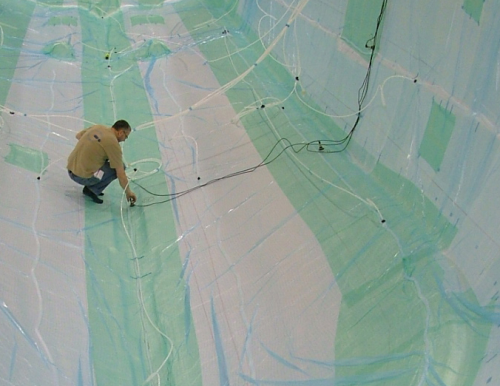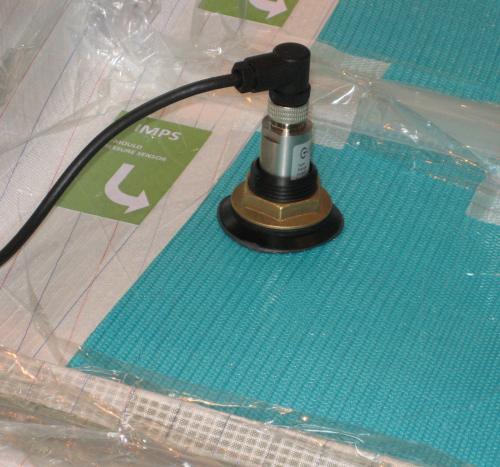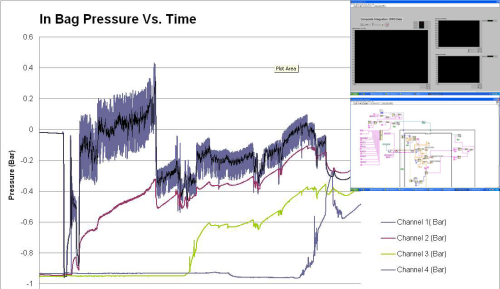


The resin infusion process is rapidly becoming more mainstream as the technology is better understood and the environmental and technical limitations of open moulding processes become more problematic. New technology and techniques surrounding the ‘bagging’ process, the availability of specialist infusion materials, and developments in computer flow analysis have enabled manufacturers to optimise production of highly complex structures on a very large scale. Despite these developments, the actual supply of resin into the mould is still often a very manual process. Hand mixing large quantities of resin can be both wasteful and messy, with the potential for very costly mistakes. Bulk mixing of epoxy resin can bring its own dangers of bulk exothermic reaction.
The use of meter-mixing technology to mix and dispense resin in a controlled and efficient way could be the ‘missing link’ in the infusion process. The simplest option is the use of meter-mixing equipment to pump mixed resin into a bulk container. This container is then used to feed the various infusion lines. Several variations of this theme have been supplied, ranging from simple, manually-controlled systems, to highly-automated equipment featuring automatic level-sensing, variable mix-ratio adjustment and flow sensing. Flow rates as high as 30 kg/minute can be accommodated and equipment can be configured for epoxy, polyester or vinyl ester resin systems.
Further development in this area has been carried out with a view to reducing waste, improving cleanliness and providing highly accurate process control to ensure quality standards are met and repeatability is achieved.
To achieve this, a control and sensor system has been developed that can supply information directly from the infusing laminate. The IMPS (in-mould pressure sensors) are fitted into the bag at multiple locations and accurately read the sub-atmospheric pressure, thus enabling process optimisation and control.
To pioneer these techniques, Composite Integration has worked closely with UK company Princess Yachts International plc.
Princess had already developed a detailed understanding of the RTM process with an in-house vacuum-assisted RTM (VRTM) production facility operating over 200 moulds. Composite Integration was tasked with the development of equipment for this VRTM facility, specifically configured to achieve the high levels of process control demanded. The injection equipment is fitted with an RFID (radio-frequency identification) mould recognition system that allows the operator to scan each mould to automatically load the correct settings, including resin quantity, output speed and pressure and catalyst percentages.
The equipment is also able to automatically check mould closure and the in-mould vacuum level before injection.
Alongside its VRTM production, Princess Yachts is also at the forefront of large-scale infusion development. Recognising the potential for the application of this type of process control in its infusion work, and using the expertise of the combined technical teams of both companies, Princess has successfully infused hulls up to 80 ft using equipment specifically developed for its requirements, with resin quantities up to 1500 kg.
The advantages of this optimised process have been a dramatic reduction in waste, rapid and controlled fill times, with a far more controllable production sequence. During the infusion process detailed data is recorded to enable the entire process to be accurately controlled and to further develop the control system for long-term production use.
Composite Integration is continuing to develop its equipment range with a ‘modular’ approach to the machine specification. The emphasis is on high quality of engineering, ease of use and long-term reliability. The company is able to use its in-house expertise in sophisticated PLC control to build machinery configured to the customer's specification.






